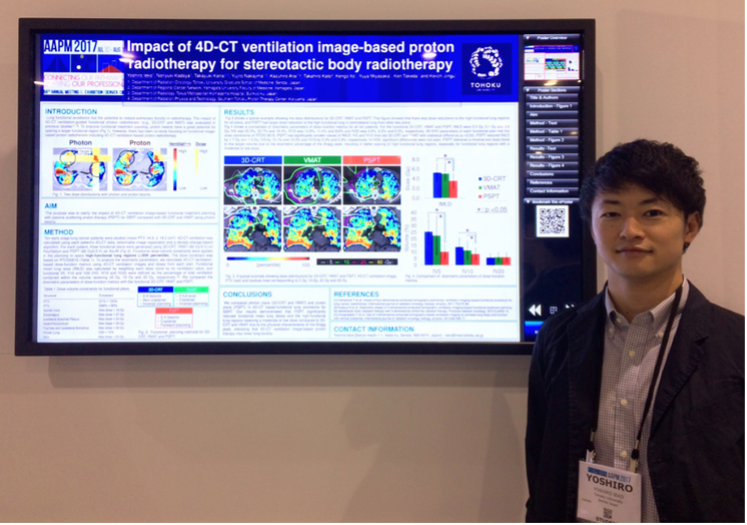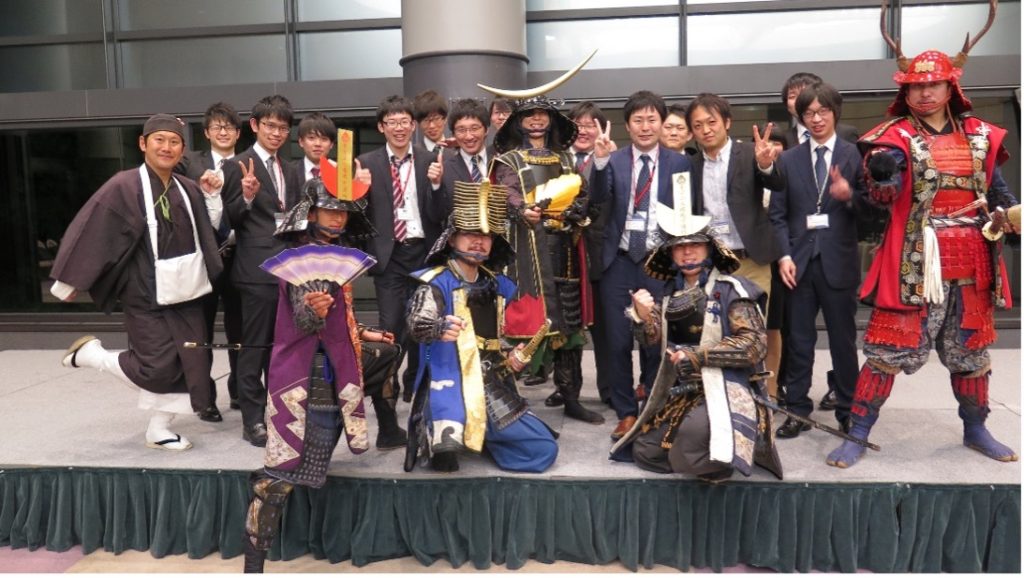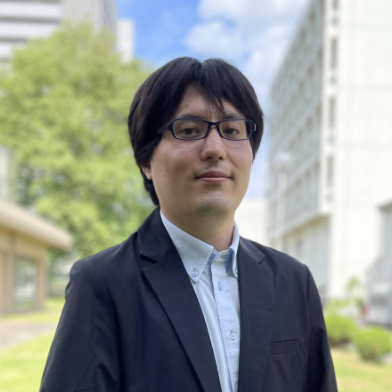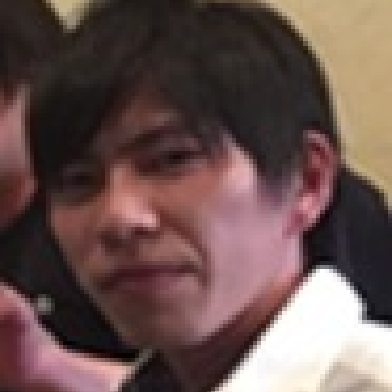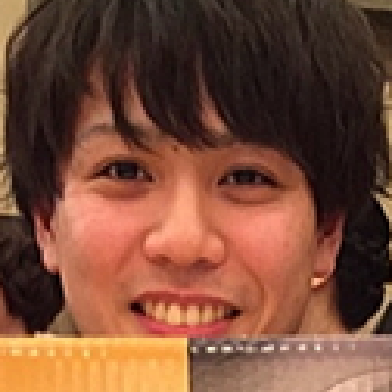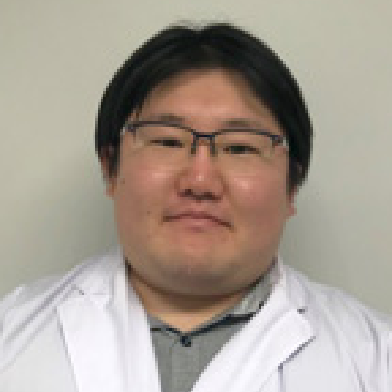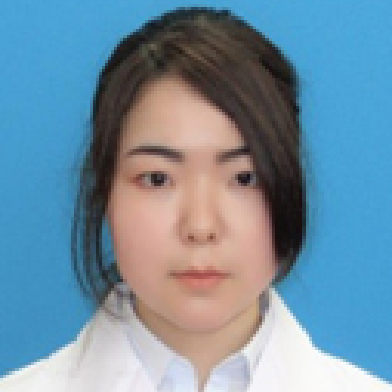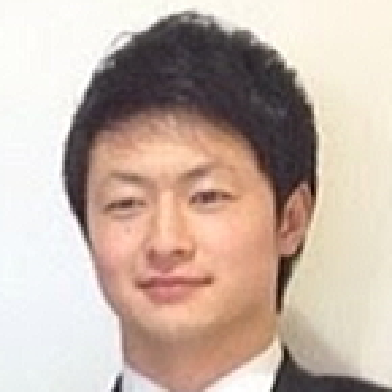
Name: Yoshiro Ieko
Graduation year: 2017 (Master’s degree)
Current affiliation: Department of Radiation Oncology, Iwate Medical University
―Message to junior students that can now be conveyed after completing the master’s course―
I entered this laboratory because I thought that being a medical physicist would be interesting. In this laboratory, we conduct a wide range of research on radiation therapy, but I felt that it was a very good environment because we did not create walls between each research team and actively shared useful information throughout the laboratory while efficiently conducting research. In my research on lung function images based on 4D CT, I presented at domestic and international conferences and received awards after completing my master’s degree (Doi Award, Best Paper Award from the Asia-Oceania Federation of Medical Physics). I am very grateful for the help of my teachers and colleagues in the laboratory, as well as the seniors who have passed down their research know-how from generation to generation. However, honestly, I have many memories of struggling with unfamiliar English papers, learning programming, preparing for conference presentations and practicing question-and-answer sessions, writing English papers, etc. (laughs). However, as with anything else, I think that challenges always come with difficulties. Although there may be difficult times, I think that what you work hard for in life will come back to you in the future without waste. Rather than focusing only on what you cannot do or what you are not good at, it is good to try your best at anything that seems to lead to your own growth while taking it easy and borrowing help from those around you. I’m rooting for all junior students!
―Current job―
Currently, I am enrolled in the Department of Radiation Oncology at Iwate Medical University and work as an assistant professor (medical physicist). In my work, I mainly perform treatment planning for high-precision radiation therapy and also provide medical support to related hospitals. In addition, I am involved in clinical trials both domestically and internationally. Since new treatment strategies and techniques for radiation therapy are reported every day, it is necessary to constantly update information. It is required to constantly question whether the method being used is really correct or whether it is outdated and take action. Therefore, I feel that the research skills (input/output) cultivated in graduate school are very useful. In research, it is necessary to search for related papers, consider research policies and analyze them, organize the results and report them. Similarly in clinical practice, it is required of medical physicists to collect and organize the latest information not only from Japanese literature but also from academic papers and guidelines overseas if necessary. Verification is performed and disseminated within the hospital to contribute to better medical care. Regarding research activities, we are actively conducting joint research not only with the Department of Radiation Therapy but also with other departments such as Radiology Department, Urology Department, Surgery Department and Hepatology Department. We feel a sense of accomplishment and joy in being able to contribute to research activities beyond departmental boundaries using skills cultivated in graduate school. In the future too, I hope to challenge various things through medical care and research and expand the field of activity for medical physicists.
